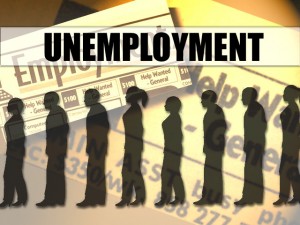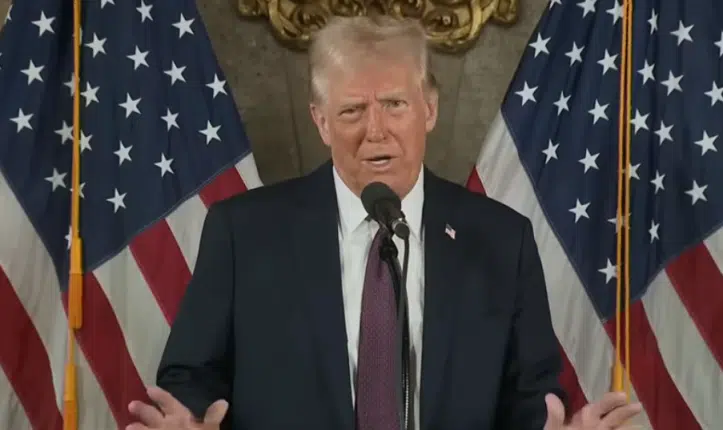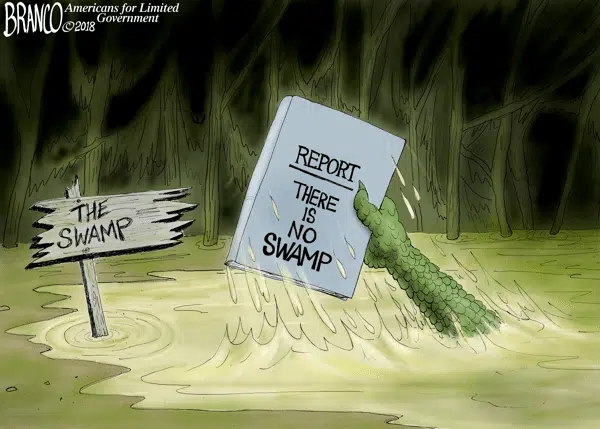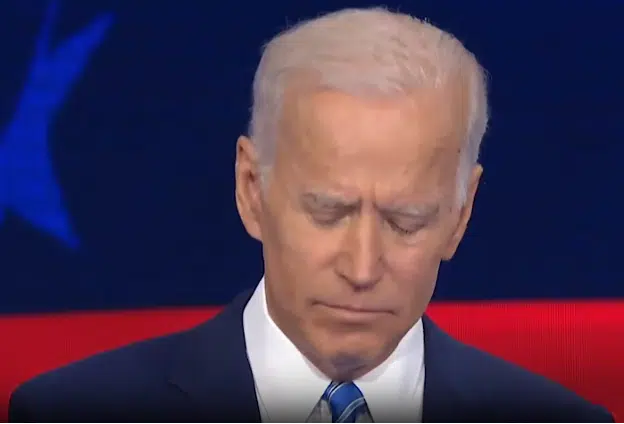 By Rebekah Rast — Remember back in 2010, when House Minority Leader Nancy Pelosi claimed that unemployment benefits create jobs faster than most any other program?
By Rebekah Rast — Remember back in 2010, when House Minority Leader Nancy Pelosi claimed that unemployment benefits create jobs faster than most any other program?
To jog your memory, Pelosi said: “It injects demand into the economy. It creates jobs faster than almost any other initiative you can name.”
It seems the Congressional Budget Office (CBO) backs her statement in a new report. The report says this extra spending would lead “to more consumer spending and increased demand for goods and services, which CBO expects would boost overall output and employment in the short term.” To extend benefits another year would cost the government (taxpayers, that is) $30 billion.
Associated Press (AP) reporter Sam Hananel also highlighted that extending the long-term unemployment benefits for another year would “add 300,000 jobs to the economy.”
Before anyone gets giddy with excitement over this good news and seemingly easy fix to the nation’s woes, NewsBusters points out one very important caveat:
“Even if true, neither the CBO, nor the Associated Press in covering the report, noted that this result works out to a cost $100,000 per job.”
Does unemployment insurance lead people to find six-figure paying jobs? Likely no, which means the government (or taxpayers) will lose money with each added job. After years of extended long-term jobless benefits already, it would seem the still staggering economy and high unemployment numbers would be proof enough that extending these benefits even more might not be the best solution.
After all, rolling back unemployment insurance to its normal 26-week time period would save the government $80 billion.
Already in the past five years, jobless Americans have collected $520 billion—about half a trillion dollars—from state and federal unemployment insurance programs. Now Congress will decide whether or not to extend the deadline to file for these benefits beyond this year as part of its fiscal cliff negotiations.
But saving money isn’t really the theme of this administration. Therefore, it keeps spending. And when that doesn’t work, it spends even more.
In 2011, White House Press Secretary Jay Carney, explained, similar to Rep. Pelosi, why unemployment benefits are so positive for economic growth:
“It is one of the most direct ways to infuse money into the economy because people who are unemployed and obviously aren’t earning a paycheck are going to spend the money that they get. They’re not going to save it; they’re going to spend it. And unemployment insurance, that money goes directly back into the economy dollar for dollar virtually. So it is — and when it goes back in the economy, it means that everywhere that those people — everyplace that that money is spent has added business. And that creates growth and income for businesses that then lead them to making decisions about job — more hiring. So there are few other ways that can more directly put money into the economy than providing unemployment insurance.”
This sinking ship of handing out money to those just so they’ll spend it is a vicious cycle that will never end and creates an unhealthy dependency on the government. It doesn’t solve nor does it get to the root of the problem.
A much more positive and proven way to get people to invest in the economy with long-term results is to get them hired.
The perverse effect of extended unemployment benefits is it further displaces people out of the workforce. After all, when you can get something for free, why work for it?
“The sad fact is that no matter how well intentioned, Obama’s unemployment benefit extensions have locked people into a near-permanent state of dependency, which will be very difficult for them to recover from,” says Bill Wilson, president of Americans for Limited Government (ALG).
NewsBusters concludes its analysis on the CBO report pointing out the “twisted logic” of this administration. “Since the government has been ‘stimulating’ the economy to the tune of about $5 trillion in deficits during the past four years, … the CBO’s twisted ‘logic’ would predict that the economy should have created 50 million jobs by now. Note that this hasn’t happened.”
And further spending on unemployment insurance isn’t going to change that fact.
Rebekah Rast is a contributing editor to Americans for Limited Government (ALG) and NetRightDaily.com. You can follow her on twitter at @RebekahRast.






